Indigenous Resilience and Rights: Steering the Dialogue at COP28
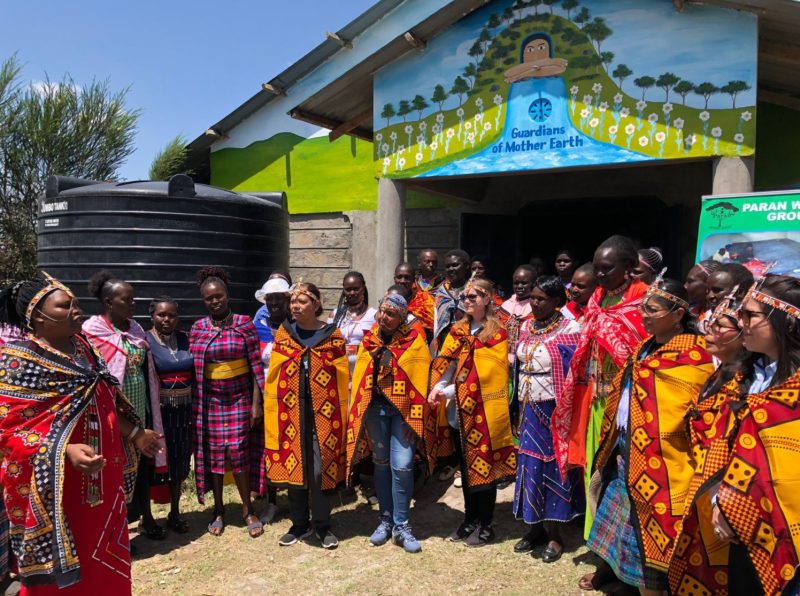
In the vast landscape of international climate dialogue and global summits like COP28, the International Indigenous Women’s Forum (FIMI) emerges as a crucial voice, not just representing but championing the narratives and rights of Indigenous Women. Representing voices from diverse regions – Asia, Africa, Americas, Pacific, and Arctic – FIMI’s mission is to coalesce around a common political agenda and drive sustainable solutions rooted in Indigenous traditions and wisdom. Amidst the bureaucracy and challenges presented by such global forums, FIMI’s persistent advocacy sheds light on the pressing issues and potential solutions rooted in Indigenous traditions and wisdom.
Building a unified political platform, FIMI works toward enhancing capabilities, and fostering leadership among Indigenous Women. “We accomplish our mandate through the promotion of an effective participation in decision-making arenas, advocacy efforts, research, capacity-building and by co-investing on sustainable solutions led by Indigenous Women’s organizations,” FIMI shares.
Central to their advocacy at COP28 is the emphasis on the resilience Indigenous communities have shown to climate change. “The critical issue that we will be deepening during the COP is the Indigenous resilience to climate change, which is related to the development based on the communities’ vision, and recognizing and supporting Indigenous Women as change-makers,” they highlighted.
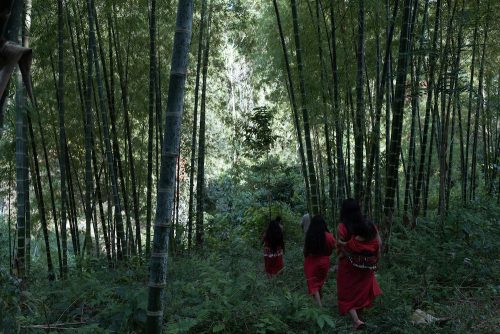
However, the journey is hurdled with various challenges. Navigating the intricate bureaucracy and dynamics of global forums like COP is no small feat for civil society organizations. They shared, “It was an enriching experience; we recognized and celebrated the leadership that Indigenous Women’s organizations have had throughout the climate change negotiations. Yet, participation is challenging due to the bureaucratic process of the accreditations.” “The participation of Indigenous Women, as well as the echo of our perspectives, demands, and proposals with decision-makers, is still limited,” they lamented. But, undeterred, FIMI is exploring alternative strategies, such as forming dedicated climate change working groups and pioneering intercultural research projects that “serve as evidence of the impacts of climate change on Indigenous Peoples and the strategies they have implemented to cope with the issue.”
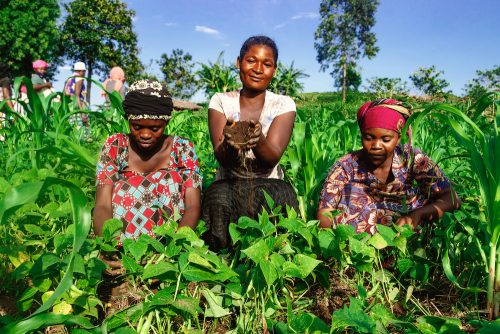
While challenges persist at the global stage, FIMI’s commitment to its grassroots communities remains unwavering. Ensuring that international policies resonate with local realities is vital for FIMI. Through strategies like pre-COP training, disseminating COP outcomes via webinars, and social media campaigns, they keep their community informed and engaged. “During these webinars, we invite Indigenous experts and FIMI delegates so they can share their experiences, and also their achievements. This increases awareness about COP and prepares us for further advocacy in other decision-making spaces.” Moreover, to ensure the effectiveness of these advocacy efforts, FIMI stresses the importance to “Co-invest with Indigenous Women’s organizations to lead sustainable climate actions that respond to local realities and at the same time to the negotiations that arise from the COP.”
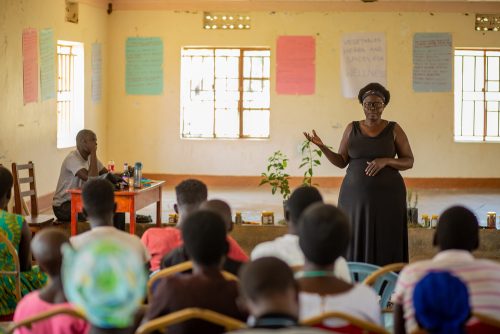
Collaborations, especially with networks like GAGGA, support FIMI’s efforts. “GAGGA is a significant space for sharing knowledge and advocacy efforts. GAGGA inspires us and gives us the opportunity to learn from other sisters of the Women’s movement, bringing this sense of ‘we are not alone, and together we’re stronger’,” FIMI noted.
As FIMI continues to advocate for Indigenous Women’s pivotal role in shaping climate action, their journey exemplifies the importance of unity, knowledge-sharing, and unwavering commitment to a just and sustainable future.
–
The Global Alliance for Green and Gender Action (GAGGA) will be present at COP28 with a delegation between November 30 to December 12, 2023. Join us at our side event “Gender Just Climate Policy & Finance: From Barriers to Actionable Solutions” on Sunday, 3 December, where we delve deep into themes central to this article. For collaboration opportunities and to learn more, please contact Noemi Grütter, GAGGA Co-Coordinator, Advocacy and Collaborations: n.grutter@fondocentroamericano.org. For additional insights around this article and International Indigenous Women’s Forum’s work and to connect directly, reach out to International Indigenous Women’s Forum at info@iiwf.org.
—
This story and GAGGA’s COP28 actions are supported by Global Affairs Canada and The Dutch Ministry of Foreign Affairs. Their contribution has been instrumental in GAGGA’s efforts to highlight critical issues and voices at COP28.
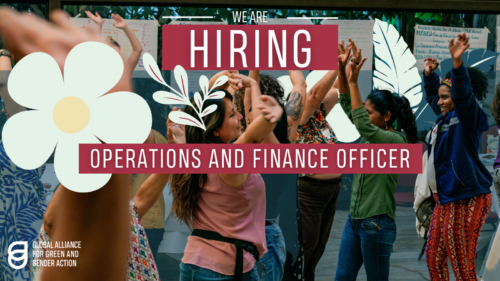
We Are Hiring: Operations and Finance Officer!
DEADLINE EXTENDED! Are you passionate about ensuring efficient financial management and operational excellence to support transformative work in climate, environmental,…
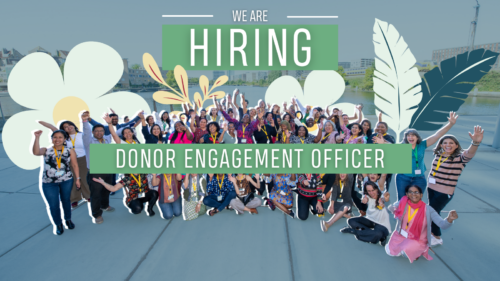
We Are Hiring: Donor Engagement Officer!
DEADLINE EXTENDED! Are you passionate about cultivating relationships and securing funding to support transformative work in climate, environmental, and gender…
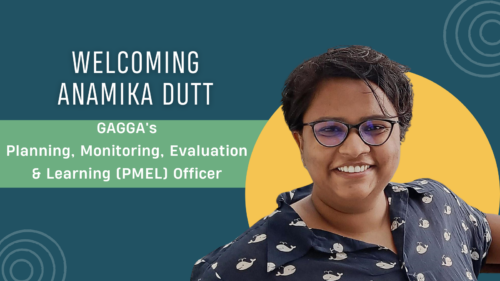
Welcoming Anamika Dutt As GAGGA’s Planning, Monitoring, Evaluation & Learning (PMEL) Officer!
Anamika Dutt is a feminist MEL practitioner from India. Anamika believes that stories of change and impact are best heard…
Subscribe to our newsletter
Sign up and keep up to date with our network's collective fight for a gender and environmentally just world.
